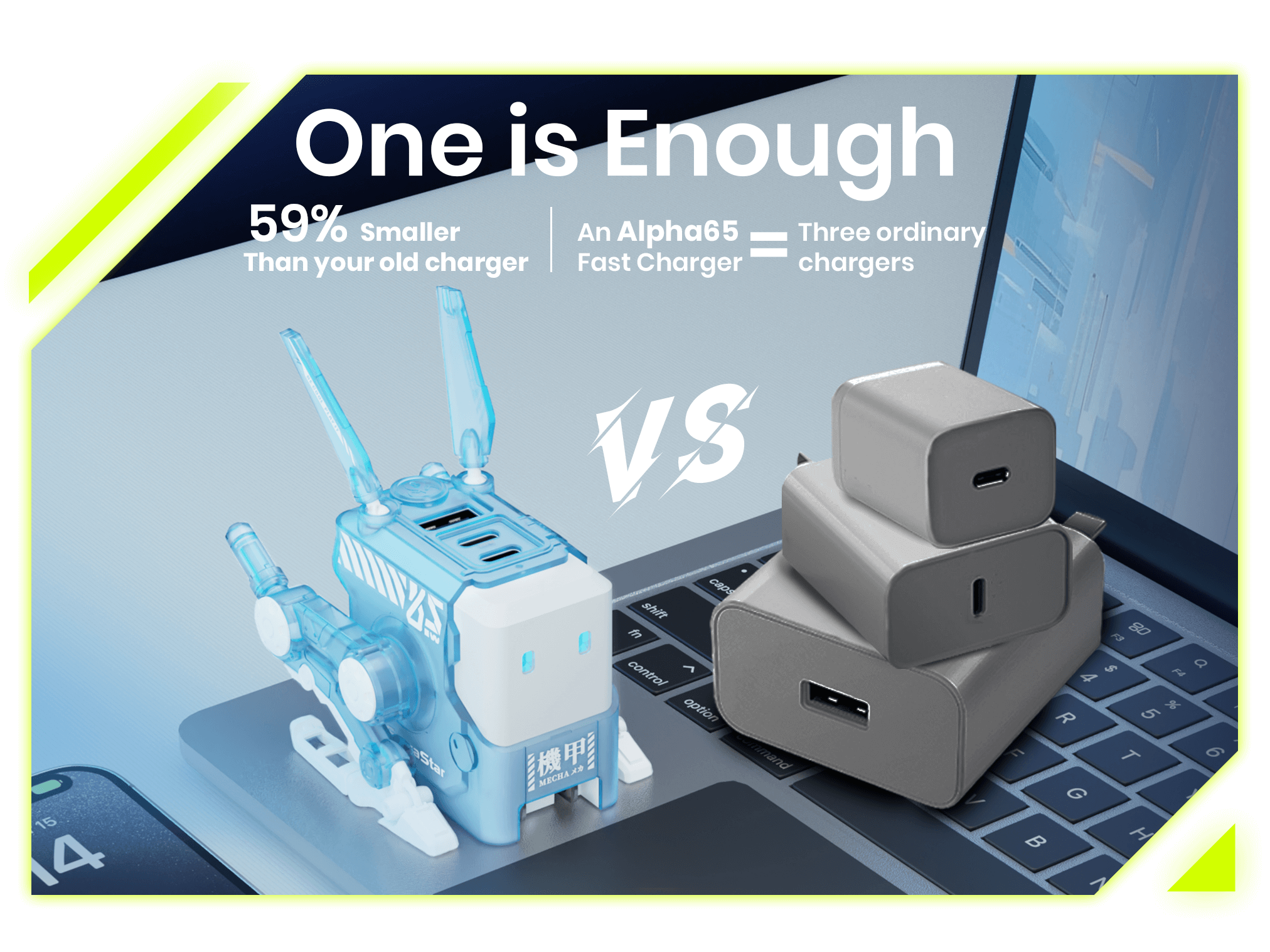Exploring the Evolution of Fast Charge Technology in Various Industries
Corps
Fast charge technology has revolutionized the way we power our devices and vehicles, offering a quick and efficient way to recharge. This technology has rapidly evolved and expanded its applications across various industries, transforming the way we work, travel, and communicate. Let's delve into the evolution of fast charge technology and its impact on different sectors.

The Rise of Fast Charge Technology
Fast charge technology, also known as rapid charging, has gained significant traction in recent years due to the growing demand for quick and convenient charging solutions. The evolution of fast charge technology has been driven by the need for efficient energy storage and delivery systems in a wide range of applications. From smartphones and electric vehicles to industrial machinery and renewable energy systems, fast charge technology has become an integral part of modern infrastructure.
Applications in Consumer Electronics
In the consumer electronics industry, fast charge technology has transformed the way we use and recharge our devices. Smartphones, tablets, and laptops now come equipped with fast charging capabilities, allowing users to power up their devices in a fraction of the time compared to traditional charging methods. This has not only improved user convenience but has also paved the way for new innovations in portable electronics, such as wearable devices and smart home gadgets.
Impact on Automotive Sector
The automotive sector has seen a significant impact from the evolution of fast charge technology, particularly with the rise of electric vehicles (EVs). Fast charging stations have become essential infrastructure for EV owners, enabling them to recharge their vehicles quickly and conveniently, thus addressing concerns about range anxiety. Moreover, advancements in fast charge technology have also extended to other forms of transportation, including electric buses, trucks, and even aircraft, promising a greener and more sustainable future for the transportation industry.
Integration in Renewable Energy Systems
Renewable energy systems, such as solar and wind power, have also benefited from the evolution of fast charge technology. Energy storage solutions, such as lithium-ion batteries, have become more efficient and cost-effective, thanks to rapid charging capabilities. This has led to the widespread adoption of fast charge technology in grid-scale energy storage, off-grid power systems, and microgrid applications, contributing to the expansion of renewable energy sources and reducing reliance on fossil fuels.
Exploring the Evolution of fast charge Technology in Various Industries has undoubtedly reshaped the way we approach energy consumption and power management. As the demand for faster and more efficient charging solutions continues to grow, we can expect further innovations and advancements in fast charge technology across diverse industries, ultimately driving progress towards a more sustainable and interconnected future.










commentaires